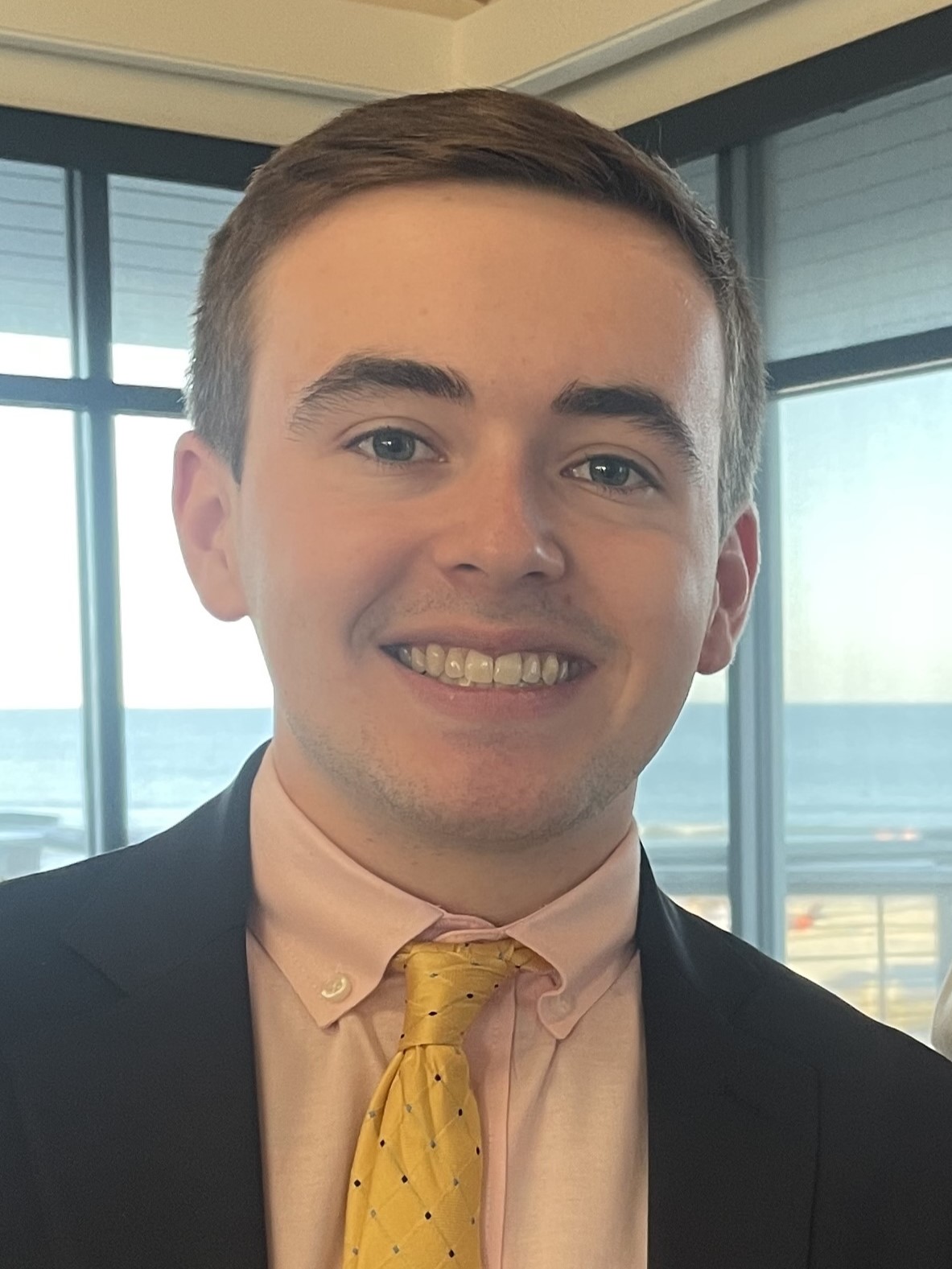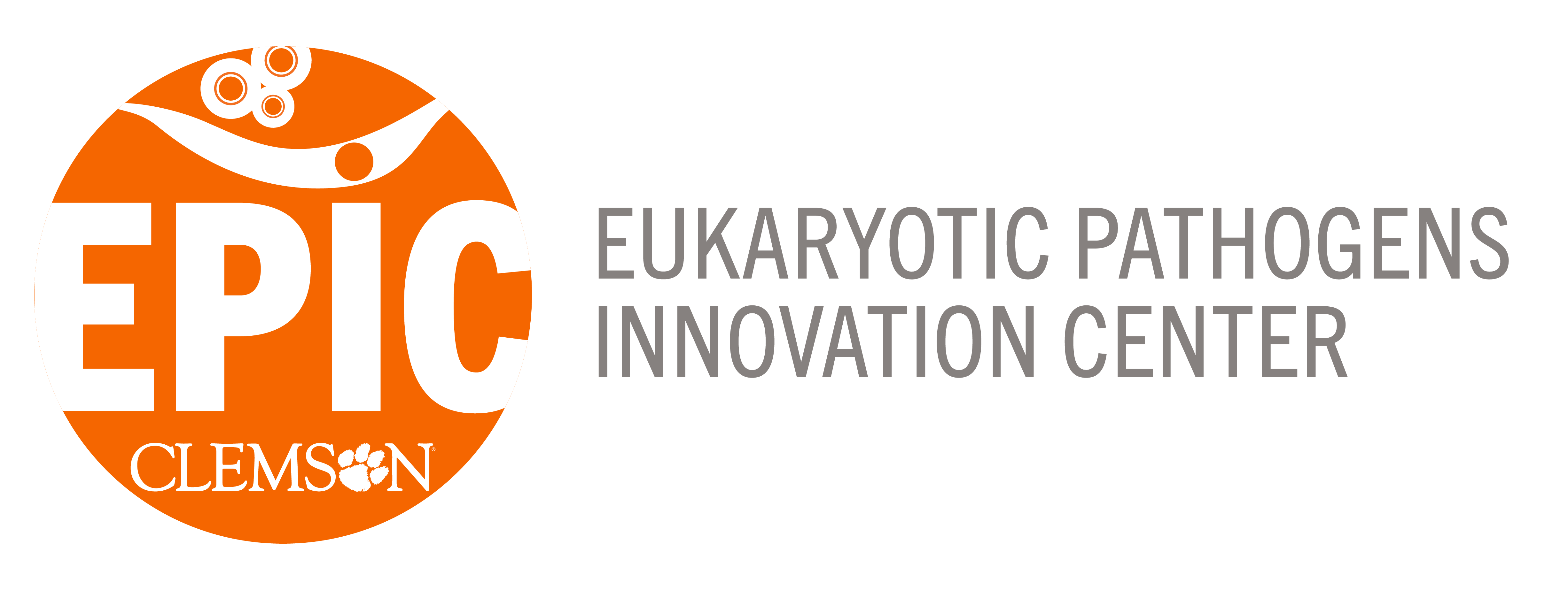MEnTOR
Medical Enrichment Through Opportunities in Research
MEnTOR
Medical Enrichment Through Opportunities in Research
MEnTOR — Medical Enrichment Through Opportunities in Research — is a summer research experience for medical students. MEnTOR provides National Institutes of Health-funded eight-week research traineeships to selected students who have just completed their first year of the doctor of medicine program at the University of South Carolina School of Medicine.
Why a summer research opportunity for medical students?
The experience can help prepare students for a career in academic medicine, through which physicians can combine scientific discovery with clinical insight to drive medicine forward. Studies have showed that medical students who took part in an NIH-funded summer research-training program showed a significant increase in their self-efficacy for research. Even if research is not a long-term career goal, understanding research methodology and instrumentation will enhance a future physician’s ability to analyze scientific advances critically.
Why EPIC?
EPIC provides an outstanding environment for a T35 training program. Our faculty researchers study eukaryotic pathogens that cause some of the most devastating and intractable diseases of humans, including malaria, amoebic dysentery, African sleeping sickness, Chagas disease, toxoplasmosis and fungal meningitis. The impact of these diseases is immense. One child dies every 30 seconds from malaria. Other protozoans and parasitic worms chronically infect approximately one-third of the world’s population. Over one billion people each year suffer from fungal infections. While the global impact of these diseases is high, these microbes impact Southeastern U.S. as well. Children have died from amebic meningitis after swimming in lakes. No longer limited to Central and South America, Chagas disease is causing an increased disease burden (primarily cardiac disease). Thus, work on eukaryotic microbial pathogens is important, having both a local and global impact on health.
EPIC’s ideas are getting funded. EPIC faculty investigators have received more than $20 million in external funding from the National Institutes of Health, the National Science Foundation and the American Heart Association. EPIC research is being published in high profile peer-reviewed journals and presented at prominent national and international meetings.
EPIC is creating a legacy of scientific inquiry by training the next generation of scientists. Nearly 80 graduate and undergraduate researchers are currently training in EPIC labs. Former undergraduate researchers have gone on to distinguished medical and graduate schools. Students who have earned Ph.D.s in EPIC labs are now postdoctoral research associates in leading biomedical research labs in the U.S.
EPIC has state-of-the-art facilities. EPIC’s laboratory suites are well equipped with all the apparatus and resources needed for cutting-edge molecular, cellular, biochemical, genetic, and genomics approaches to study important eukaryotic pathogens.
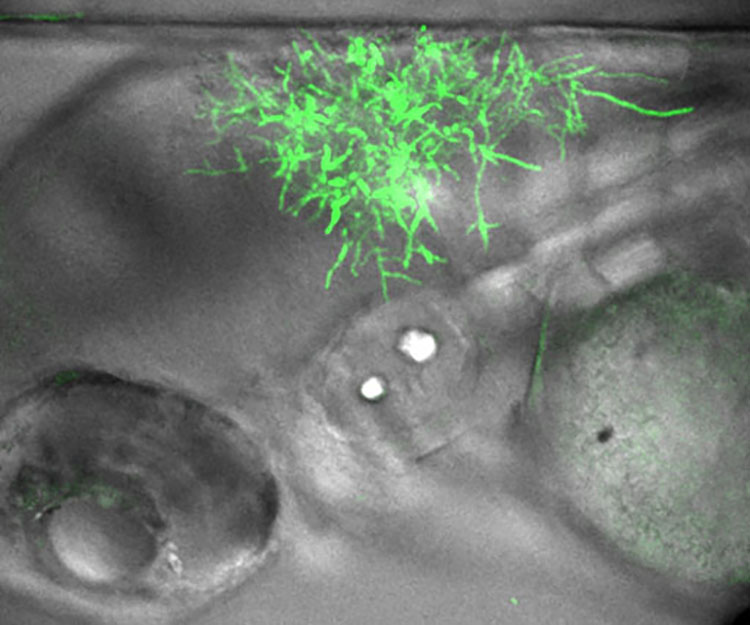
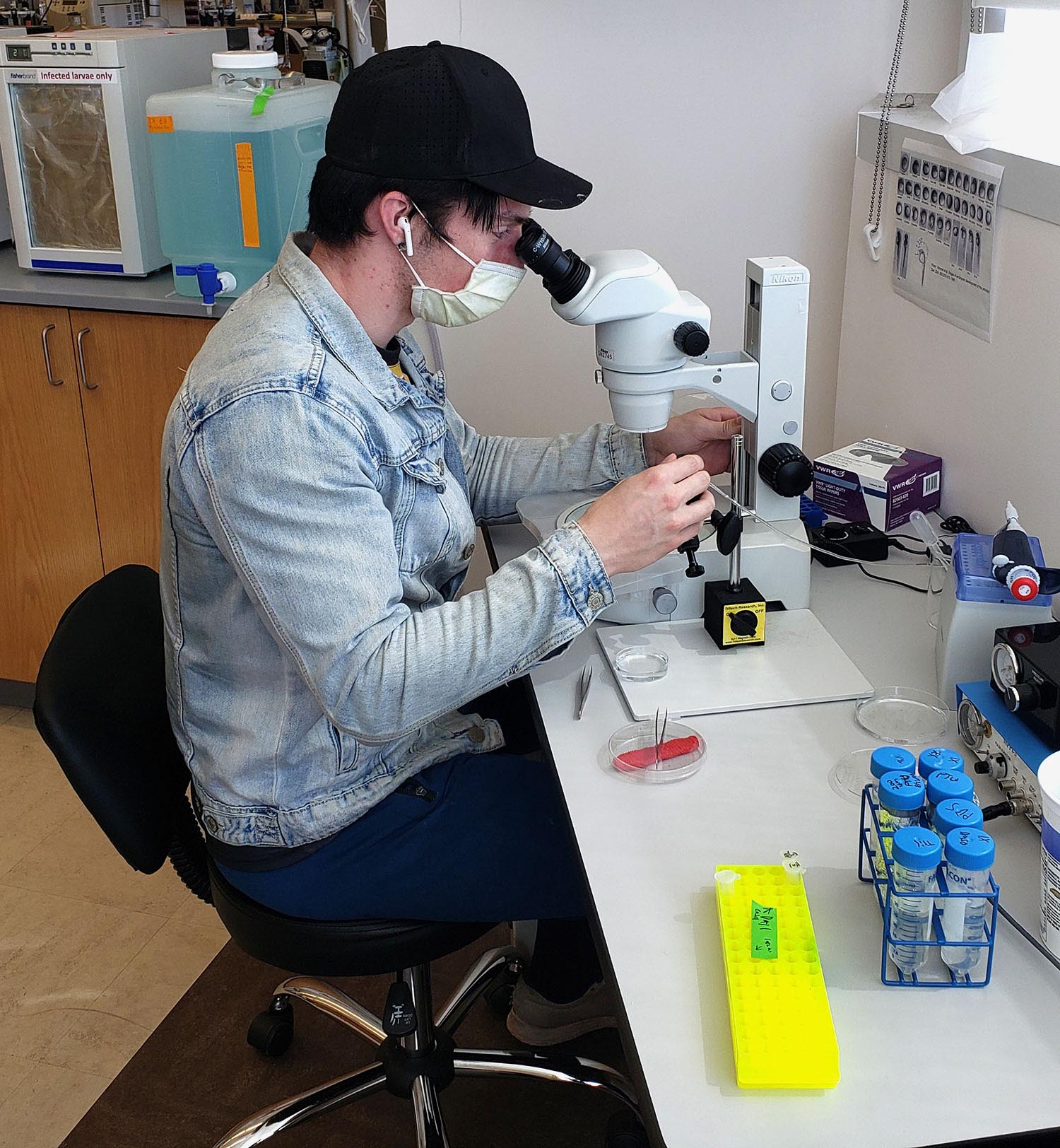
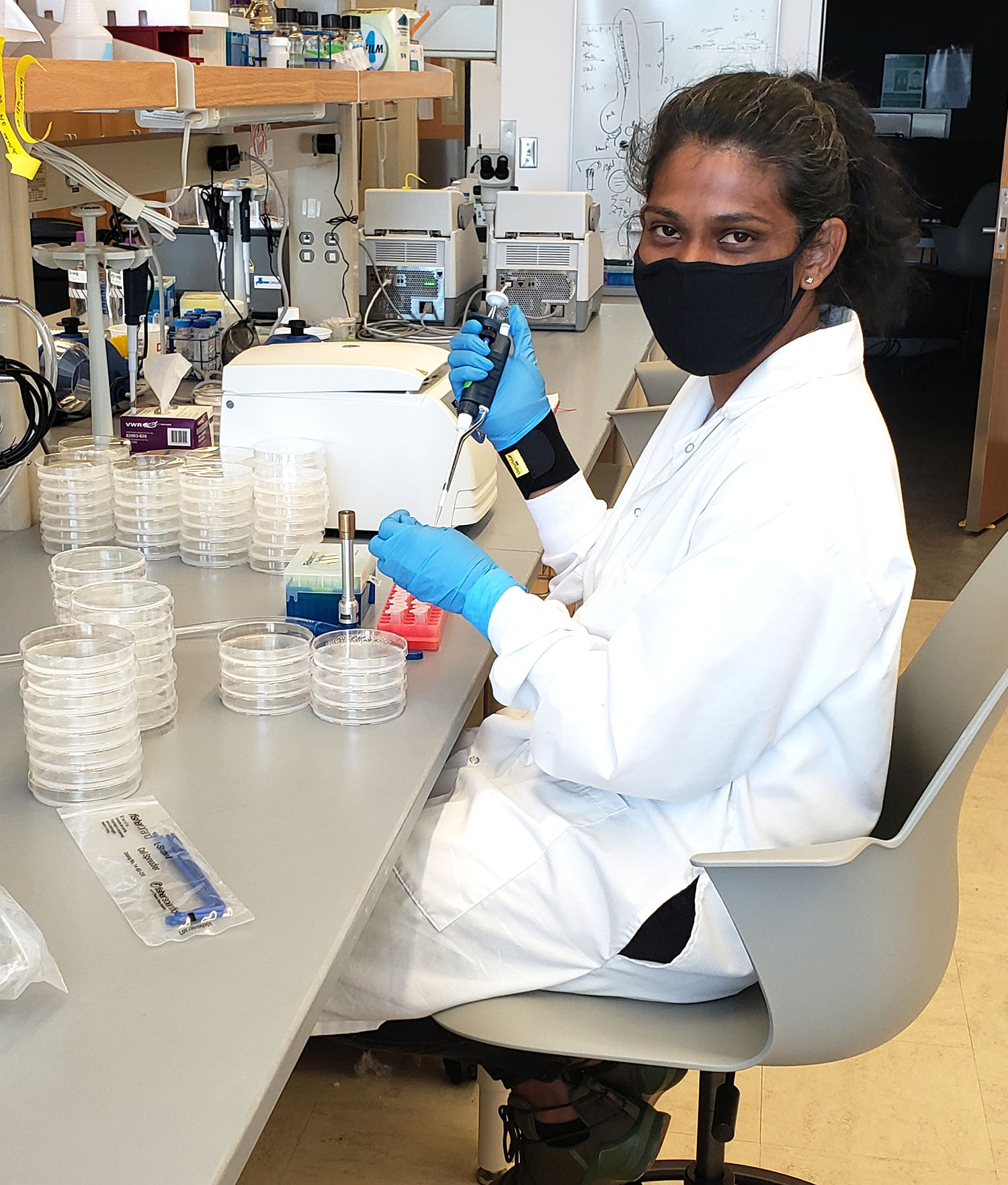
2024 MEnTOR Trainees


Ryan Ellis
Dr. Kerry Smith’s Lab
Logan Gardner
Dr. Stephen Dolan’s Lab
